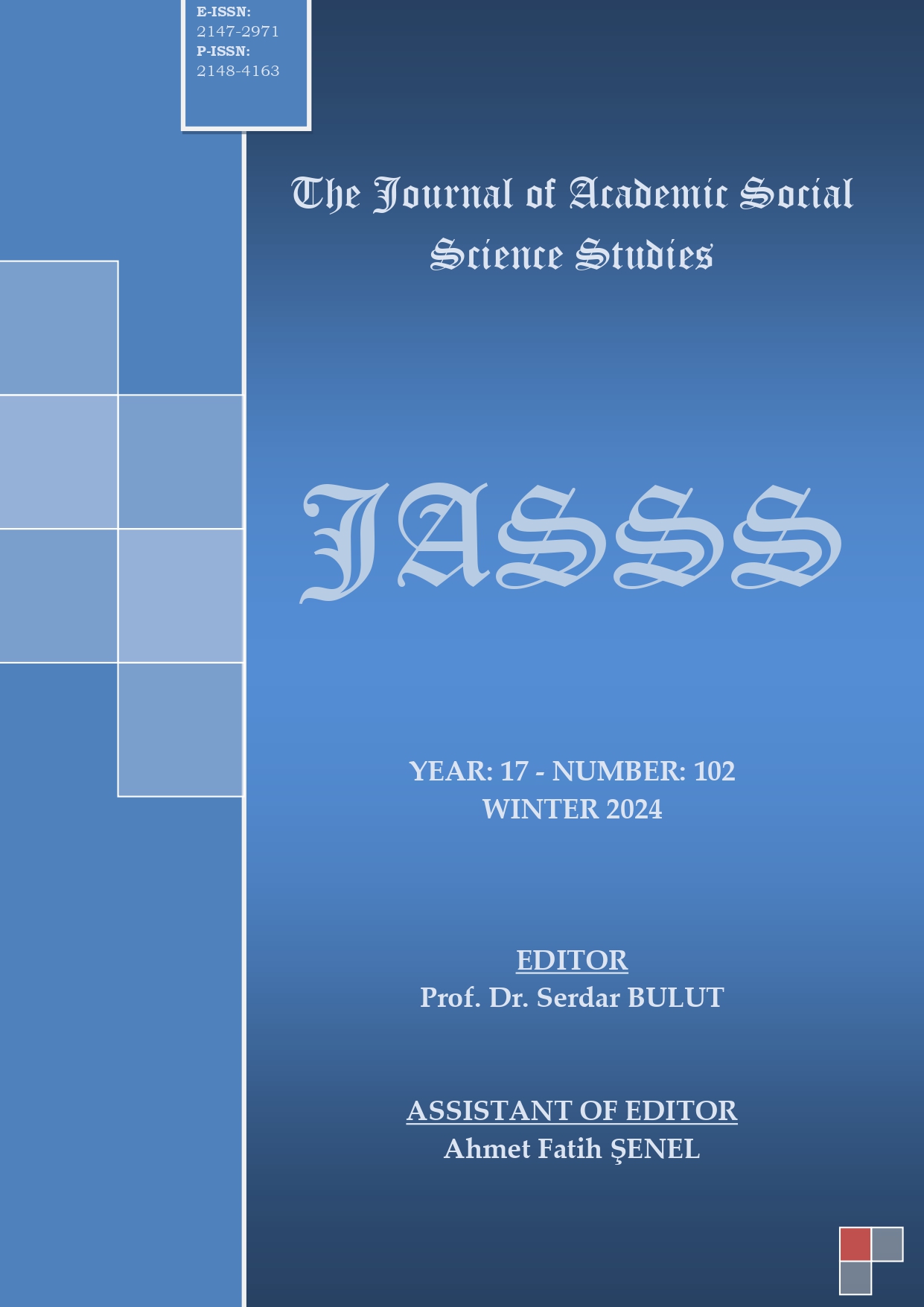HILARY MANTEL’İN WOLF HALL ROMANINDA THOMAS MORE’UN AZİZLİKTEN ÇIKARILMASI VE ÜTOPYA’SININ DEĞERSİZLEŞTİRİLMESİ
Author :
Abstract
Yeni tarihselcilik, ne bireylerin ne de metinlerin doğuştan gelen bir kutsallığa sahip olduğunu savunur. Bu yaklaşım, edebi veya edebi olmayan tüm metinlerin eşit derecede önemli olduğunu öne sürer. Postmodernizmde özgünlük ve güvenilirlik, şüphecilik ve sapma ile yer değiştirmiştir. Yeni tarihselcilik, tarihsel gerçeklikleri sorunsallaştırır ve onları altüst eder, ardından bunları yeniden hayal ve inşa ederek okuyuculara alternatif gerçeklik versiyonları sunar. Tarihyazımsal üstkurgu ise tarihsel ve tarihsel olmayan metinleri doğrudan reddetmek yerine, parodi ve ironi yoluyla onları altüst eder ve sorunsallaştırır. Bu bakış açısından hareketle Hilary Mantel, postmodernist ve yeni tarihselci bir yazar olarak, Thomas More’u kutsamak ve yüceltmek yerine eleştirir; onu bir Katolik şehit olarak değil, dogmatik ve inatçı biri olarak tasvir eder. Aynı zamanda Thomas More’un önemli eseri Ütopya’nın değerini alay ve ironi yoluyla azaltır. Bu makale, Wolf Hall romanının Thomas More hakkındaki anlatıyı nasıl altüst ettiğini ve Thomas Cromwell’i başkahraman olarak konumlandırdığını gösterir. Ayrıca romanın, Thomas More’un erdemlerinden ziyade eksikliklerine odaklandığını vurgular. Bu eksiklikler arasında İngiltere’deki reform hareketine direnişi, Kutsal Kitap’ın çevirisini ve William Tyndale’in Yeni Ahit’inin yayımlanmasını reddetmesi, reformcuları ve heretikleri zulme uğratması, kadınları ve evlilik kavramını küçümsemesi ve Katolik Kilisesi’nin Roma’daki ideolojilerini ve hedeflerini desteklemek için siyasi ve dini konumunu kullanması yer alır. Makale, Thomas More’un hayatına kısa bir bakış sunar ve tarihsel anlatılardaki destekçilerinin görüşlerini açıklar. Son olarak, çağdaş ve geleneksel tarihselcilik arasındaki edebiyat ve tarih anlayışlarına dair farklılıkları özetler.
Keywords
Abstract
New historicism posits that neither individuals nor texts hold inherent sanctity. It postulates that all texts, whether literary or nonliterary, hold equal significance. Authenticity and credibility have been supplanted in postmodernism by skepticism and deviation. New historicism problematizes and subverts historical truths, then reimagines and rebuilds them to present readers with alternative versions of reality. Historiographic metafiction subverts and problematizes historical and non-historical texts through parody and irony rather than outright rejection. From this point of view, Hilary Mantel, as a postmodernist and new historicist author, critiques Thomas More instead of sanctifying and celebrating him and depicts him as a dogmatic stubborn rather than a Catholic martyr. She also diminishes the significance of Thomas More’s seminal work, Utopia through mockery and irony. This article elucidates how Wolf Hall subverts the narrative around Thomas More, positioning Thomas Cromwell as the protagonist. The article also highlights the novel’s emphasis on Thomas More’s deficiencies rather than his merits, including his resistance to the reform movement in England, his rejection of the translation of the Holy Bible and the publication of William Tyndale’s New Testament, his persecution of reformers and heretics, his disparagement of women and the concept of marriage, and his utilization of his political and ecclesiastical position to further the ideologies and objectives of the Catholic Church in Rome. The article provides a brief glimpse of Thomas More’s life and elucidates the opinions of his supporters in historical accounts. Finally, it summarizes the distinctions between contemporary and traditional historicism regarding their views on literature and history.





